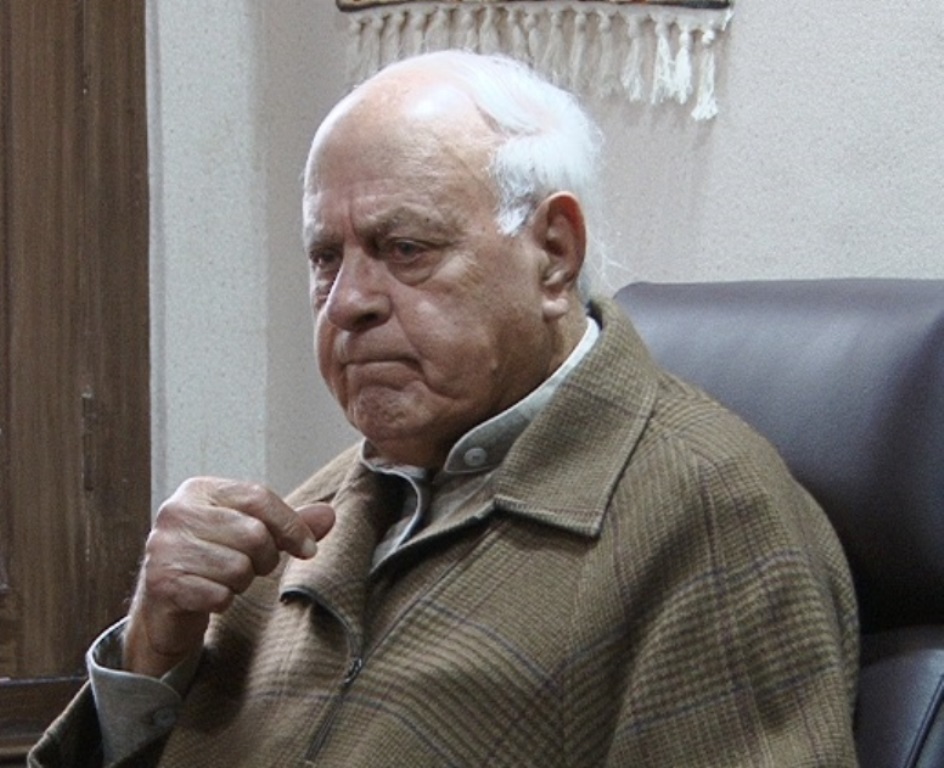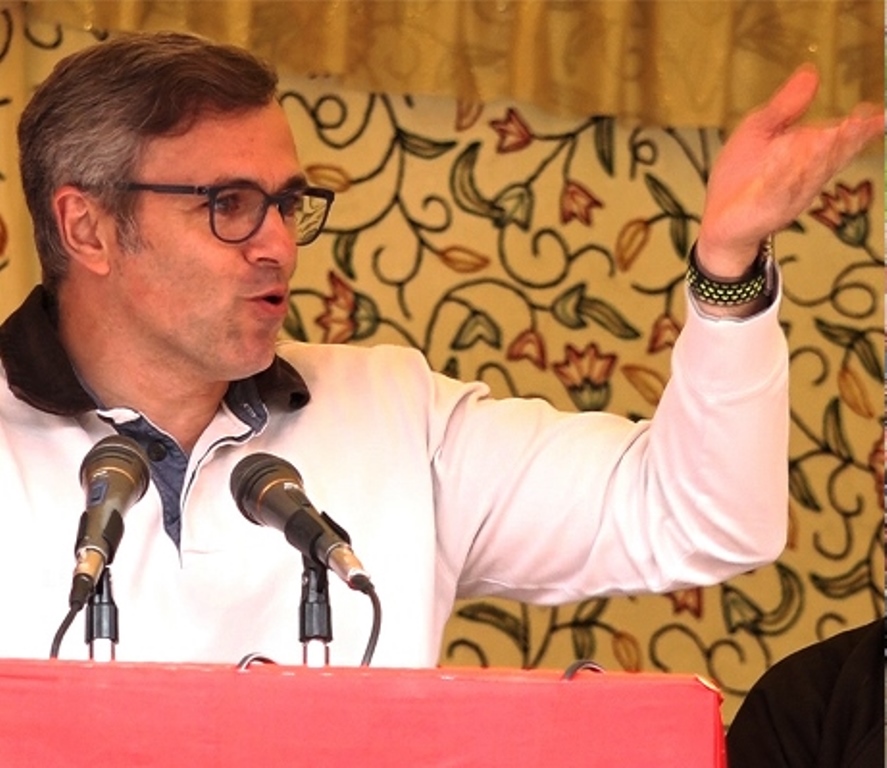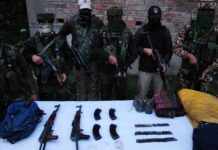SRINAGAR: In the Amshipora encounter, alleged to be fake, the Armed Forces Tribunal has suspended the sentence of convicted officer Captain Bhoopendra Singh and granted him bail, media reports said.
The encounter occurred on July 18, 2020, in the Shopian area of Jammu and Kashmir, where three individuals initially identified as ‘terrorists’ were killed by a Rashtriya Rifles unit. Subsequently, they were claimed to be labourers from Rajouri. Captain Bhoopendera Singh, found guilty in Army disciplinary proceedings, was initially sentenced to life imprisonment.
The officer, represented by lawyer S S Pandey, approached the Principal Bench of the Armed Forces Tribunal in New Delhi, citing “illegality in proceedings” and other discrepancies in the disciplinary process. The Principal Bench, headed by Justice Rajendra Menon, including administrative member Lt Gen CP Mohanty, granted the application for the suspension of the life imprisonment sentence, directing the release of the applicant on bail.
The court clarified that while the conviction sentence is stayed, other penalties such as cashiering will continue during the appeal. The plea for a stay of conviction was rejected, allowing the Army to proceed with the sentence awarded in the Summary General Court Martial.
Captain Singh’s lawyer, SS Pandey, expressed gratitude, stating, “I am very grateful to the Tribunal to impart justice to this young officer who was the victim and not the perpetrator, as was being made out.” Pandey argued that the Summary General Court Martial did not adhere to basic principles of the criminal justice system and rules of evidence.
The tribunal, examining the evidence relied upon by the Army, found it unconvincing to hold the applicant guilty. The court suggested a likelihood of acquittal after hearing the appeal. Considering the applicant’s three-year custody, the court found it fitting to grant bail by suspending the sentence.
Analsing the evidence, including the officer’s confessional statement, the court deemed the trial violative of Section 27 of the Indian Evidence Act. The court criticised reliance on the statement of co-accused Bilal Ahmed Lone, who later turned approver, as a breach of the act.
The court also highlighted the excessive expenditure of arms and ammunition, discrediting the prosecution’s case. It questioned the commanding officer’s unawareness and expressed doubts about the absence of anyone from combat action team during the operation.
Additionally, the court raised concerns about the absence of individuals from combat action team I during the operation. The court pointed to doubts regarding the incident’s occurrence, as revealed in the cross-examination of witnesses and the recovery of weapons from the deceased.















